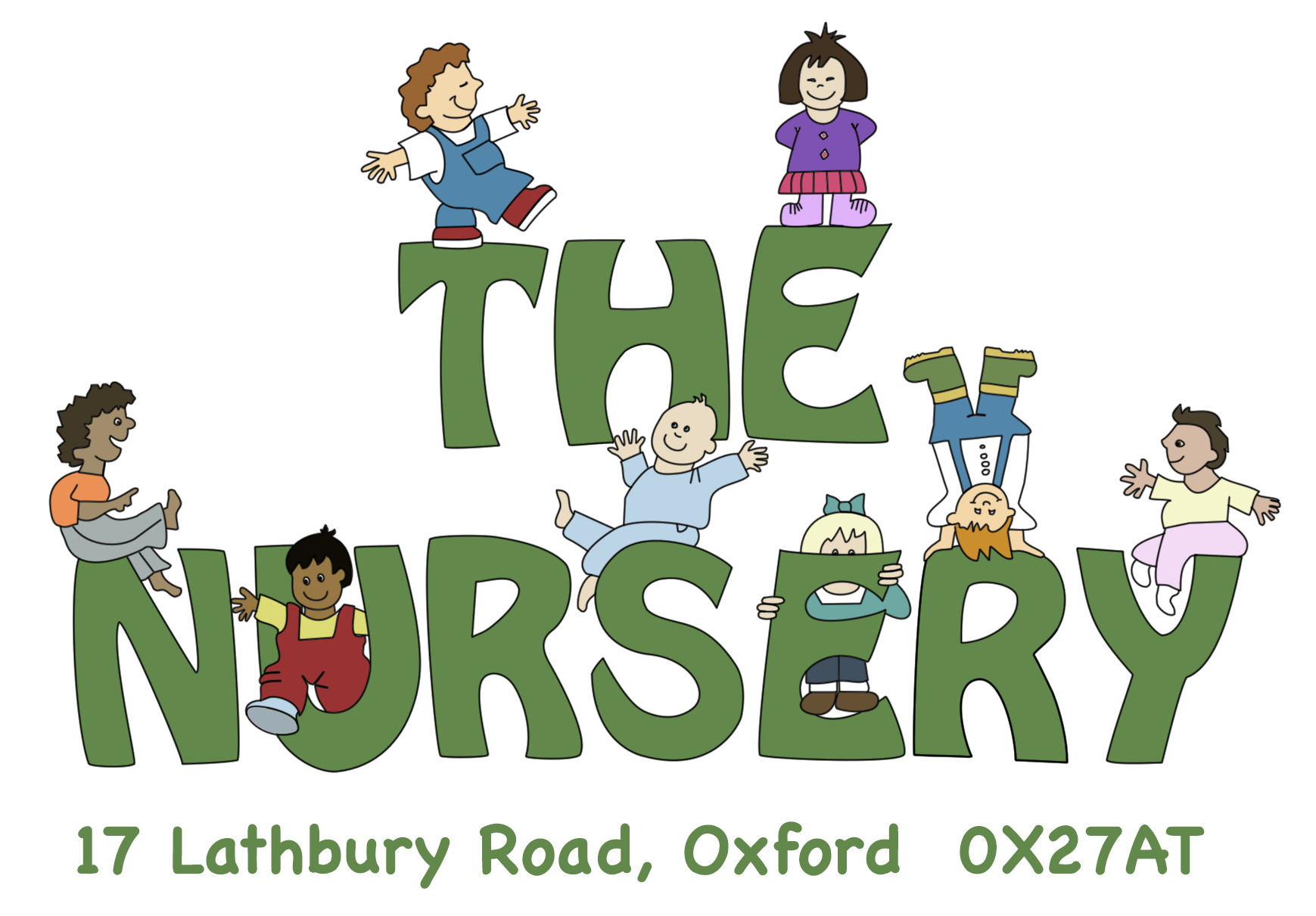Although our routine is planned, it is a guide as our routine is flexible to allow for focussed activities and experiences to meet the interests and next steps of our children. The practitioners prepare the environment to make it exciting and stimulating and lay out various activities for the children to examine, explore, create, construct, and decipher. Adult involvement with the children gives enhancement of play and learning, safety, support when required and helps to extend learning and development. Our daily routine gives children a sense of security. This is why we ensure each day is properly structured while leaving enough time for spontaneous activities.
| Time | Activity | |
| 8:00 – 8:15 | Staff arriving, setting up, morning briefing | |
| 8:15 | Arrival, meet and greet parents and children, registration | |
| 8:15 – 10:00 | Let’s play and explore! Staff play and interact alongside the children whilst they engage in both free play and structured activities | |
| 10:00 – 10:30 | Rolling snack after hand washing and bathroom routine | |
| 10:30 – 11:00 | Tidy up then Adult focussed group time learning. Children spilt into Busy Bees and Ladybird groups. | |
| 11:00 – 11:45 | Bathroom routine and Outside time | |
| 11:45 – 12:30 | Bathroom routine, hand washing and lunch time | |
| 12:30 – 12:45 | Choose a book – independent reading. For those children that are Feeling sleepy, time to nap or relax for those who need it. | |
| 12:45 – 1:15 | Story Time and music singing | |
| 1:15 – 2:30 | Let’s explore again! More free flow and structured activities with staff to facilitate learning and exploring | |
| 2:40 – 3:00 | Tidy up then adult -focussed group time learning. Busy Bees and Ladybirds. | |
| 3:00 – 3:30 | Bathroom routine, handwashing, & teatime | |
| 3:20 – 4:14 | Outside time | |
| 4:15 – 4:30 | Tidying garden, Bathroom | |
| 4:30 – 5:00 | Story & singing, Nursery closes for children, time to say goodbye until next time. | |
| 5:00 – 5:30 | Staff briefing meeting and planning for the next day. | |
Activity Planning
Activities and experiences are planned in line with the principles of the Early Years Foundation Stage curriculum focusing on each child’s interests, needs and stage of development. Information provided by parents and observations by practitioners help to build a picture of each child’s interests and developmental needs. Activities are both child and adult lead as well as spontaneous. Extra curricular activities like Yoga, Modern Foreign Languages, Forest School, Intergenerational Program and Excursions & Outings are part of the weekly structure.
